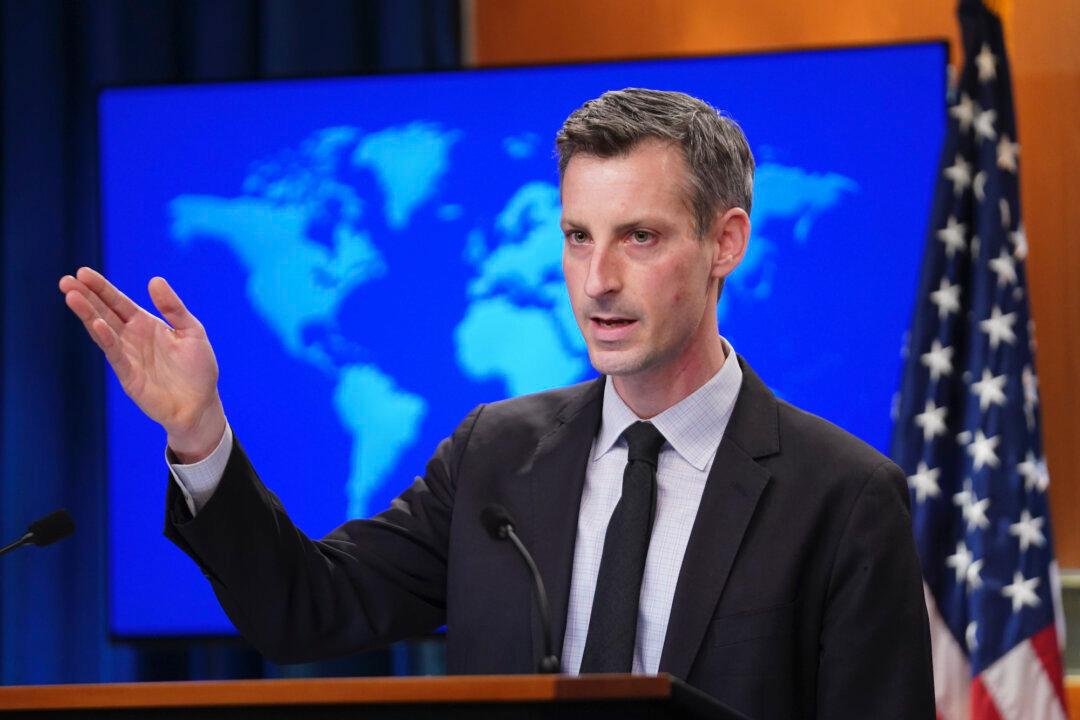The U.S. government is not likely to be assisting Australia in its negotiations with Facebook after the U.S. tech giant moved to cut off Australians from sharing or accessing news on its platform last week, according to U.S. Department of State spokesperson Ned Price.
At a press briefing on Feb. 19, Price deflected questions about whether the United States would join in with other world leaders to support or take a position on Australia’s News Media Bargaining Code that will see tech giants Facebook and Google pay news publishers for content.




